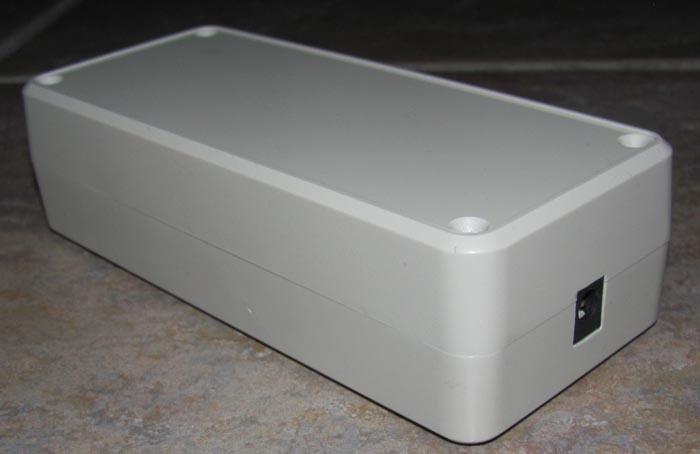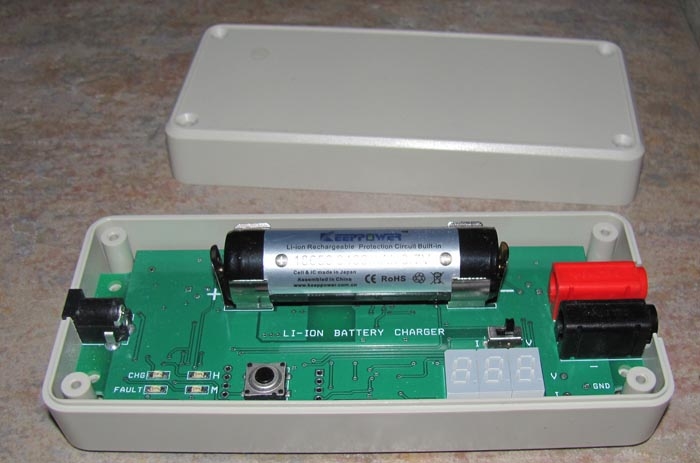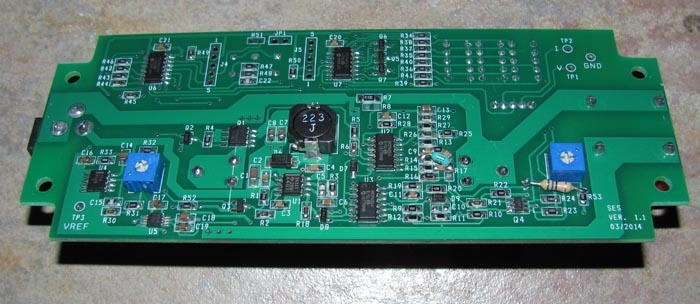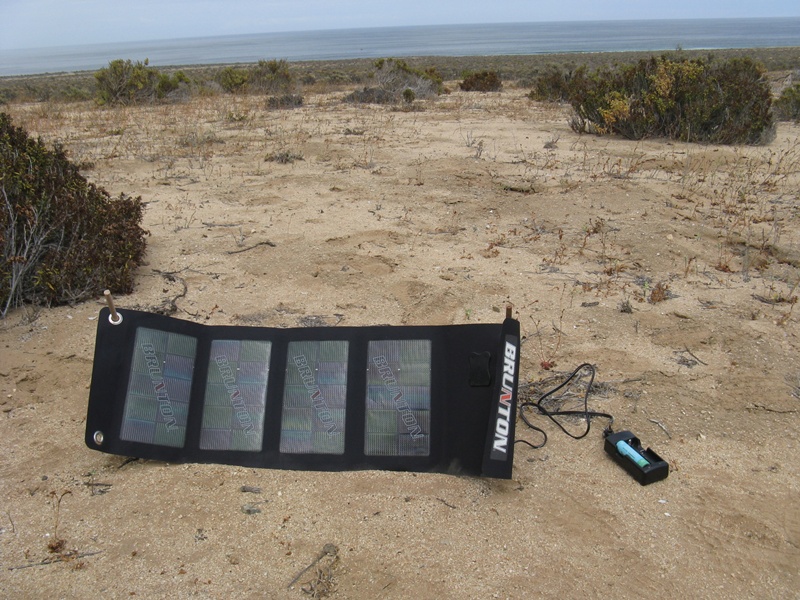bluedog225
Newly Enlightened
- Joined
- Sep 20, 2008
- Messages
- 43
The battery university is good. Is there something similar for solar charging. I'd like a solar setup for 18650s but I don't know enough to choose among cotton pickers products.
Or, more specifically, I have an Intellicharger i4. I read that it does not like variable 12v voltage. So I need something to stabilize the input. Looks like some solar setups have a battery bank to store up the energy but that implies to me that they have a charger that accepts variations of a solar panel.
Backpacking/sailing setup is goal. But general education also helpful.
Obviously confused. Any help or links appreciated.
Thanks in advance.
Tom
Or, more specifically, I have an Intellicharger i4. I read that it does not like variable 12v voltage. So I need something to stabilize the input. Looks like some solar setups have a battery bank to store up the energy but that implies to me that they have a charger that accepts variations of a solar panel.
Backpacking/sailing setup is goal. But general education also helpful.
Obviously confused. Any help or links appreciated.
Thanks in advance.
Tom





